In case you missed the memo, political debate is no longer restricted to a stuffy classroom, meeting or boring dinner party.
It’s at the Golden Globes. It’s on the runways in Paris, New York and London. And to a certain extent, it was also at the Oscars yesterday.
In his opening monologue, host Jimmy Kimmel took aim at Donald Trump, calling for action to unify a country that feels divided, before trolling the president live on Twitter during the ceremony.
Listen: There’s so much to talk about from the Oscars… so we recapped it. Post continues after audio.
“There are millions and millions of people watching right now, and if every one of you took a minute to reach out to one person you disagree with and have a positive, considerate conversation – not as liberals or conservatives but as Americans – if we all did that it would make America great again. It starts with us,” he said.
Iranian director and screenwriter Asghar Farhadi took home the Oscar for Best Foreign Language Film for The Salesman, but did not attend as a statement against Trump’s Muslim travel ban.
A proxy for the director read out a statement on his behalf which labelled the ban “inhumane” and “disrespectful”.
“Dividing the world into the us and them categories creates fear – a justification for aggression and war,” Farhadi’s statement read.
Rewind back to the Golden Globes and Meryl Streep made a rousing speech directed at Trump which earned her a personal attack from the POTUS who dubbed her “overrated”.
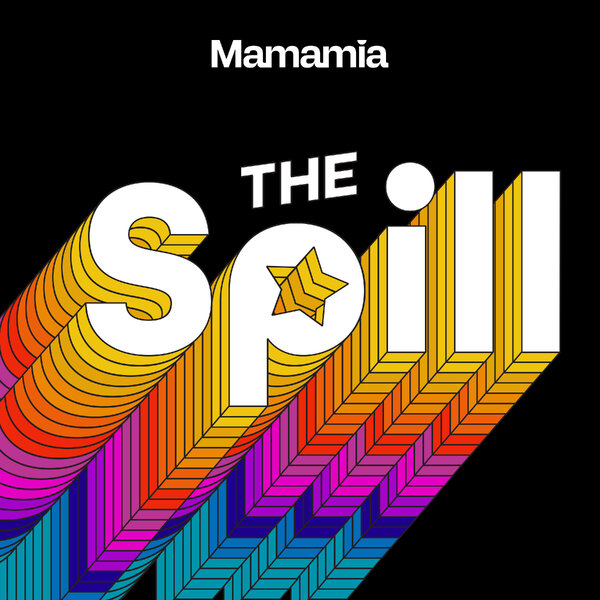

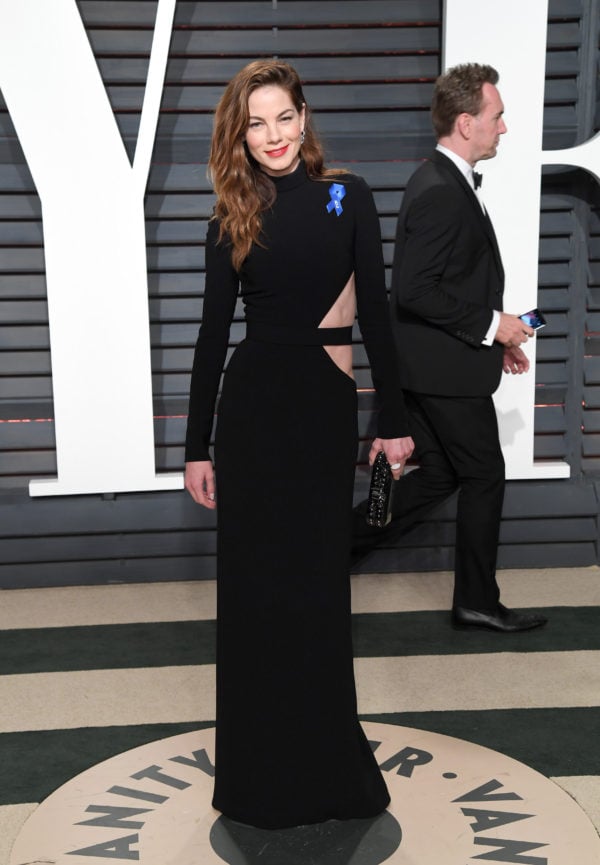
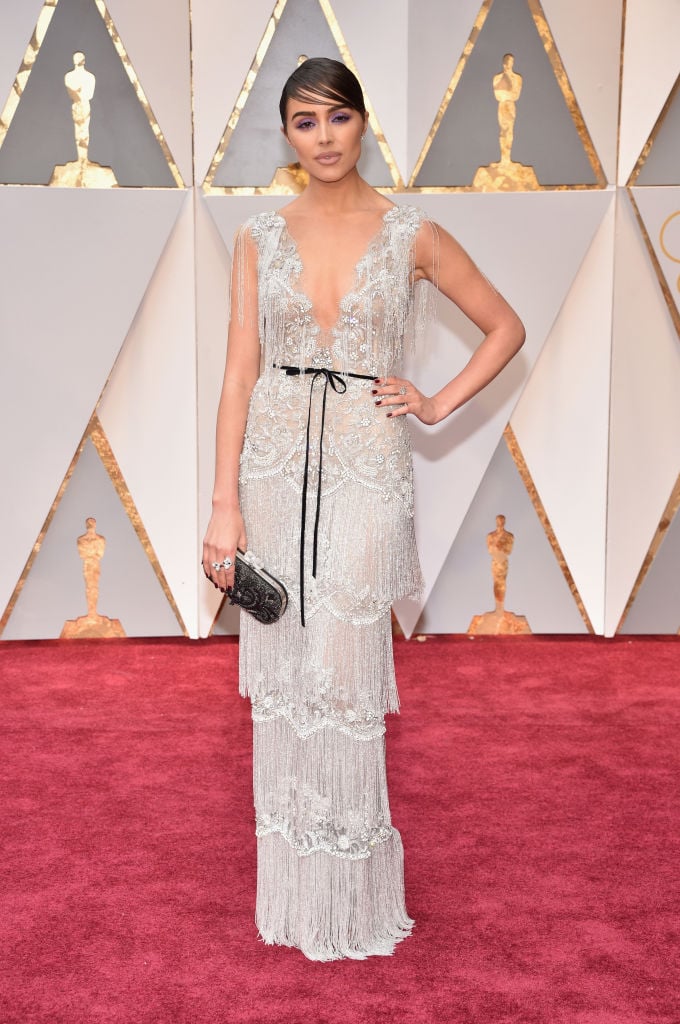
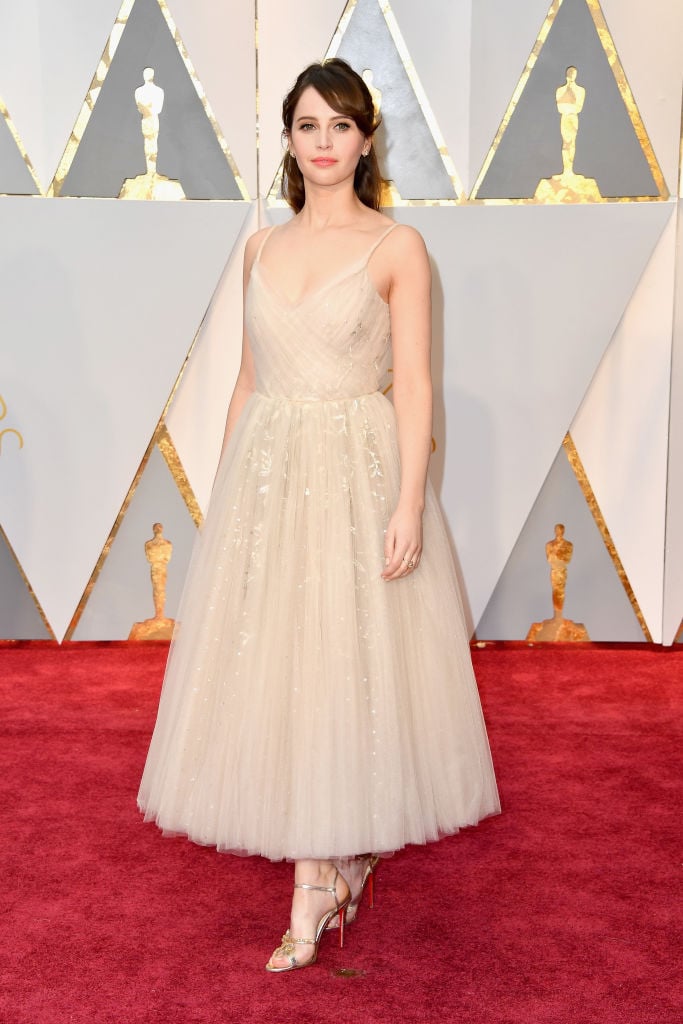
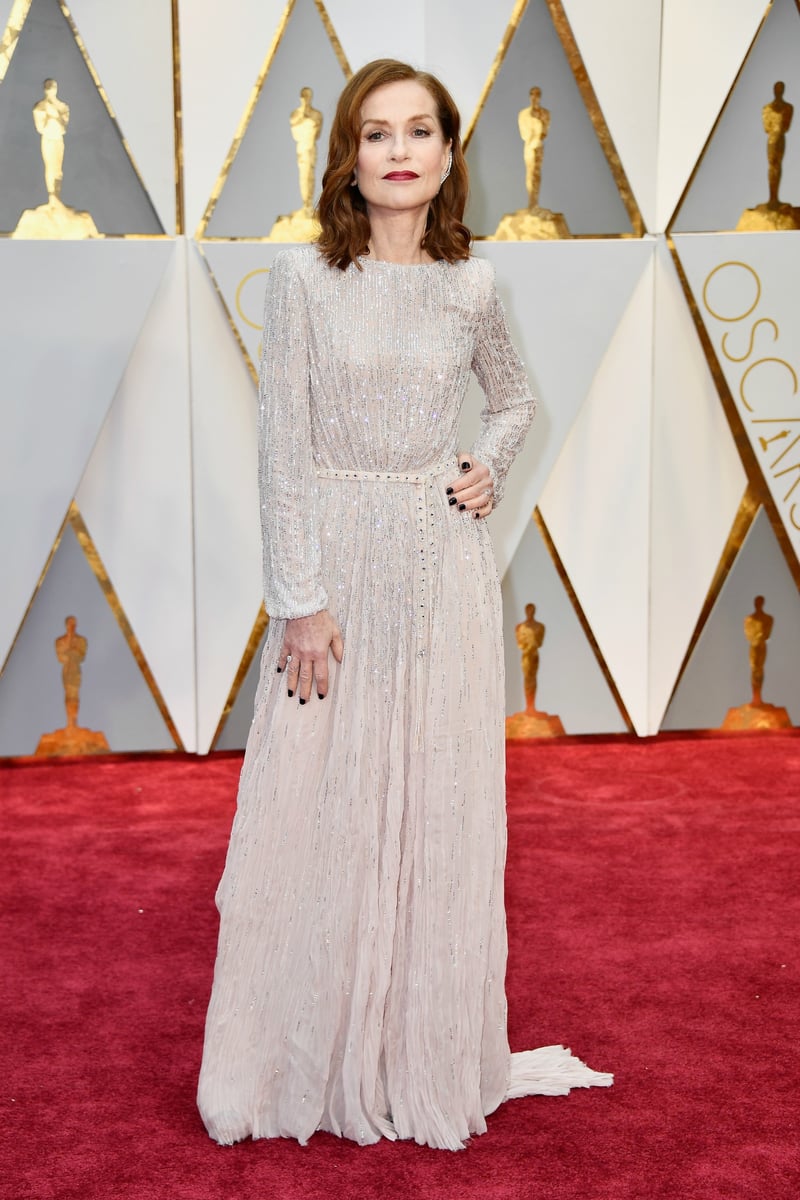


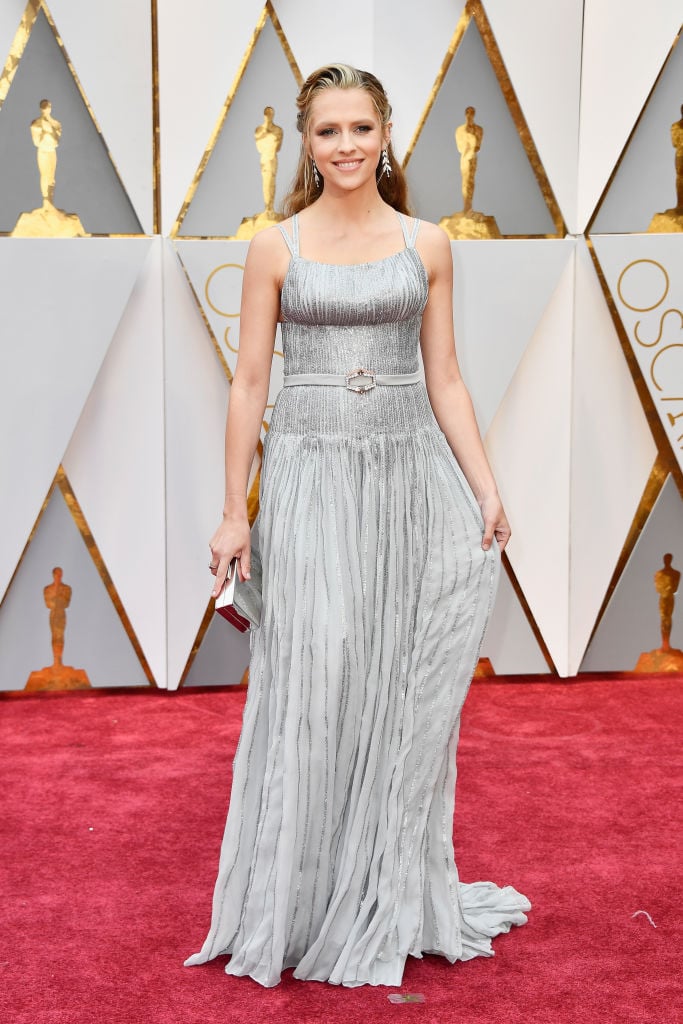
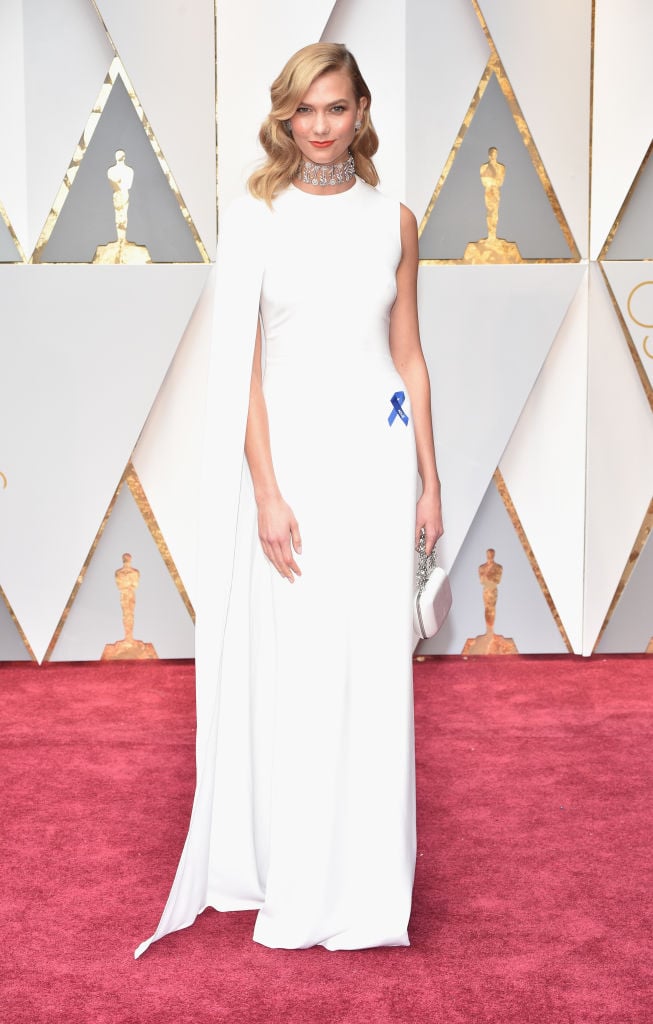
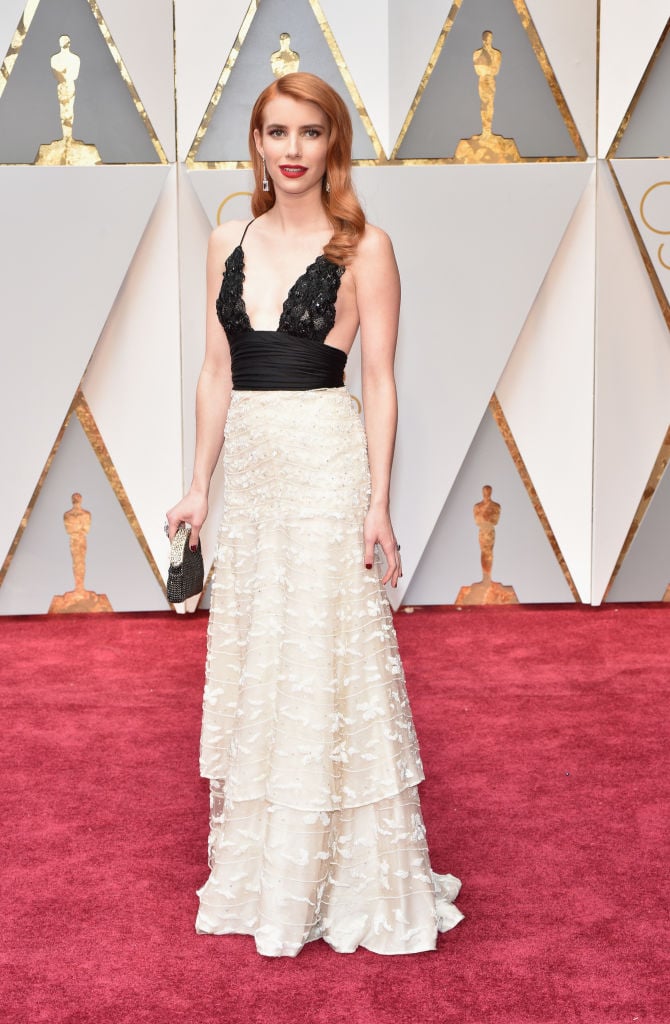
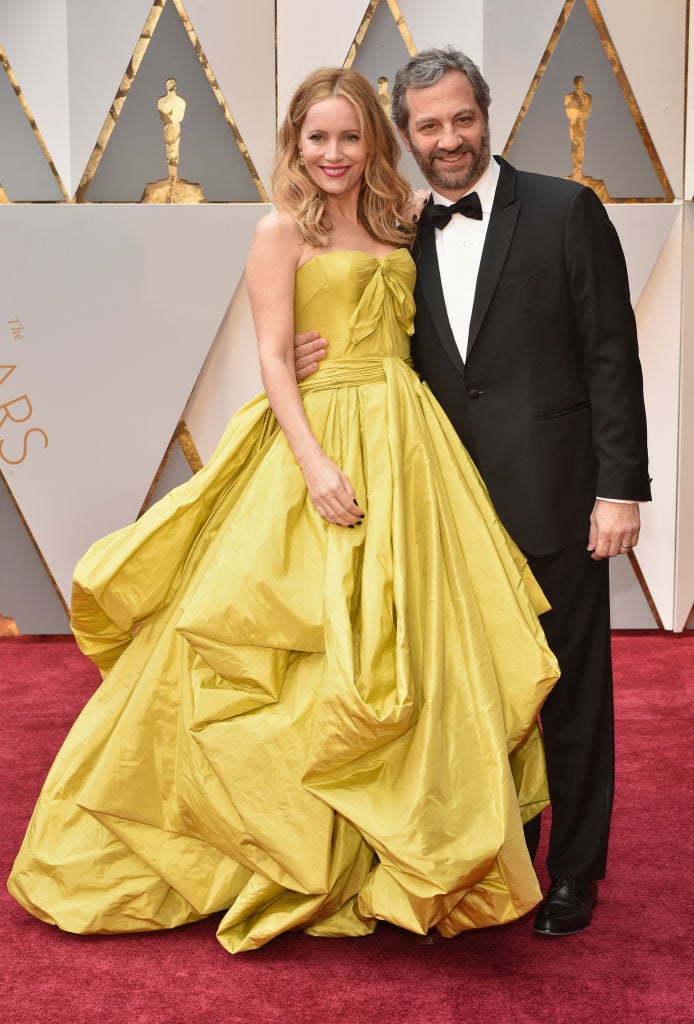
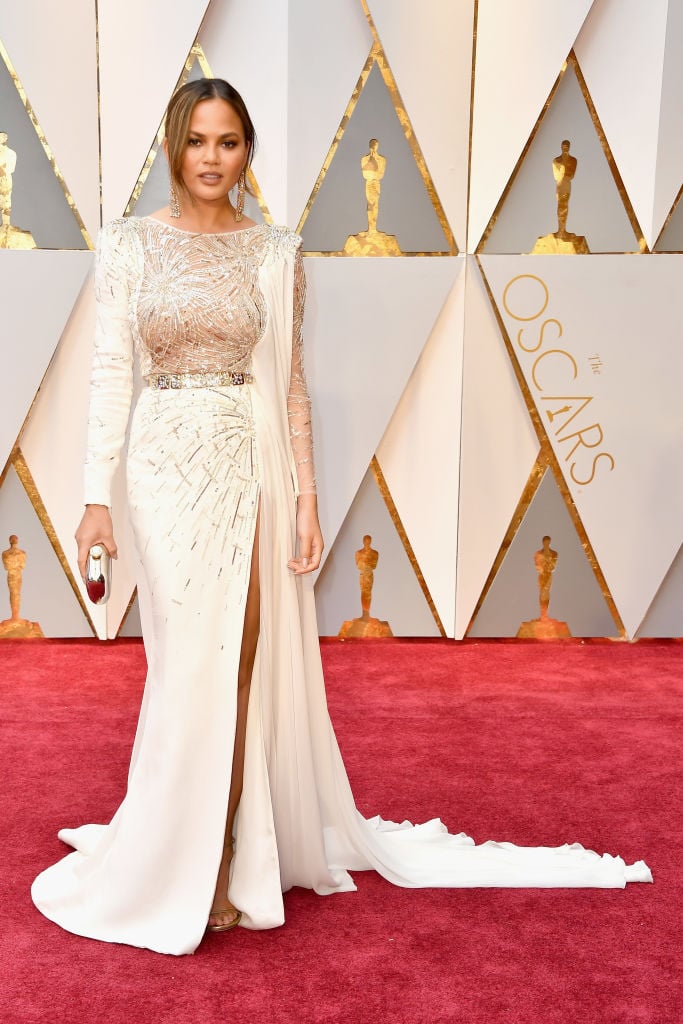
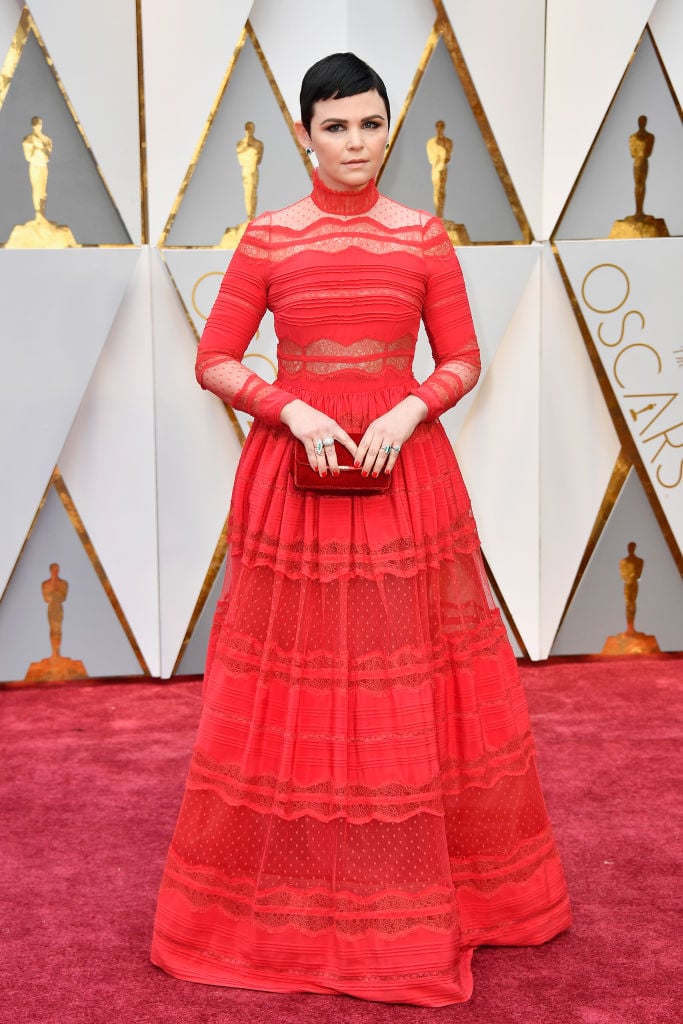
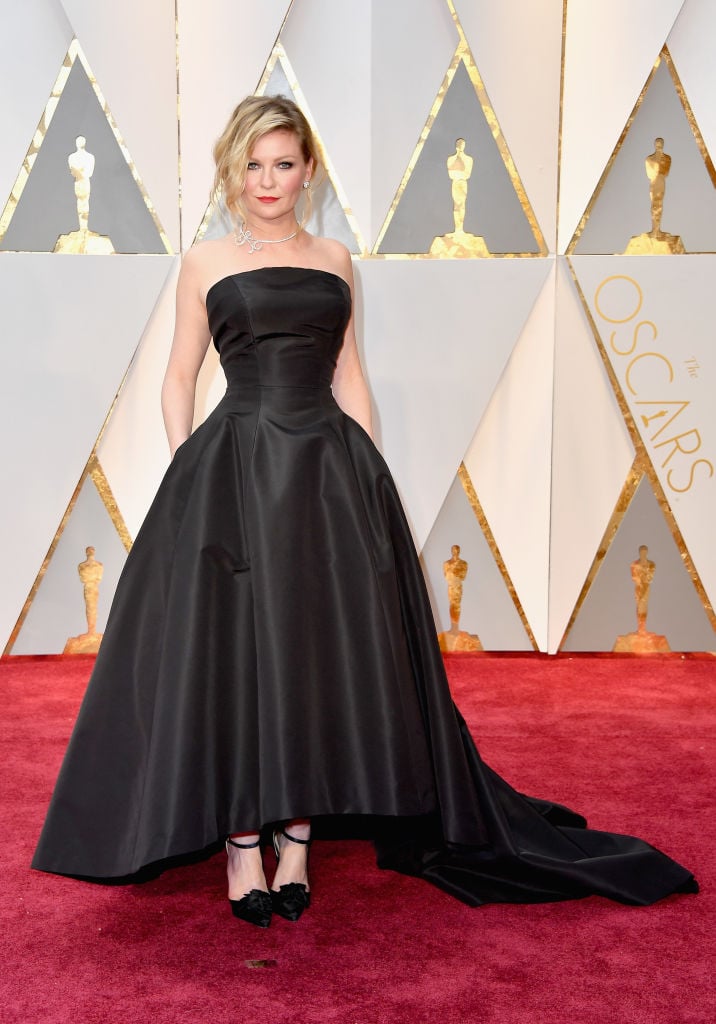
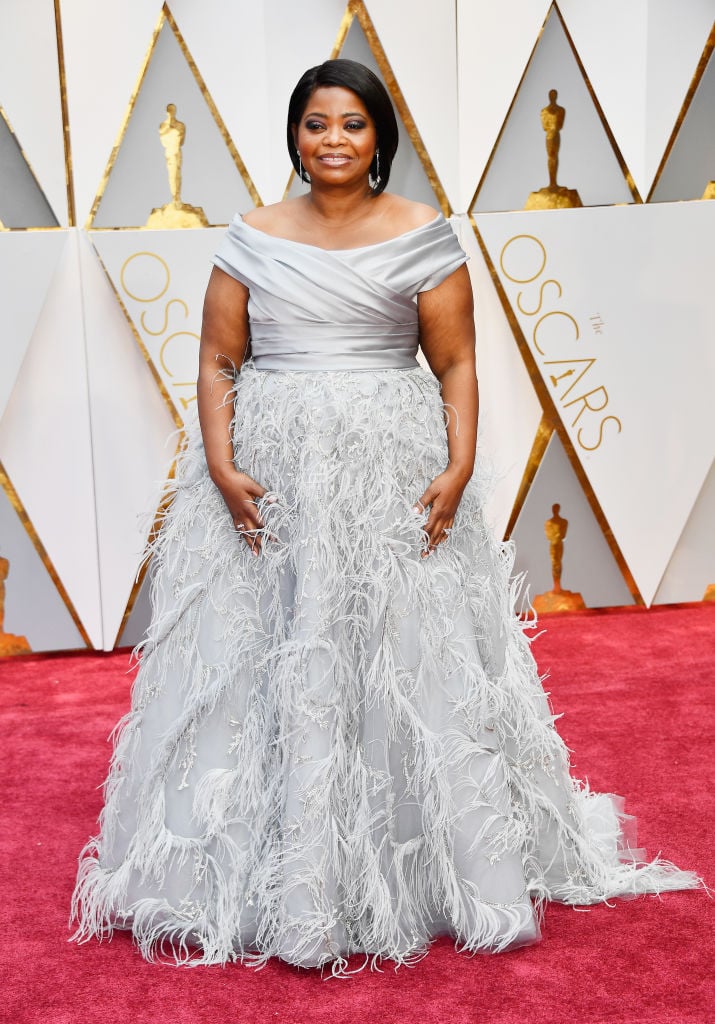
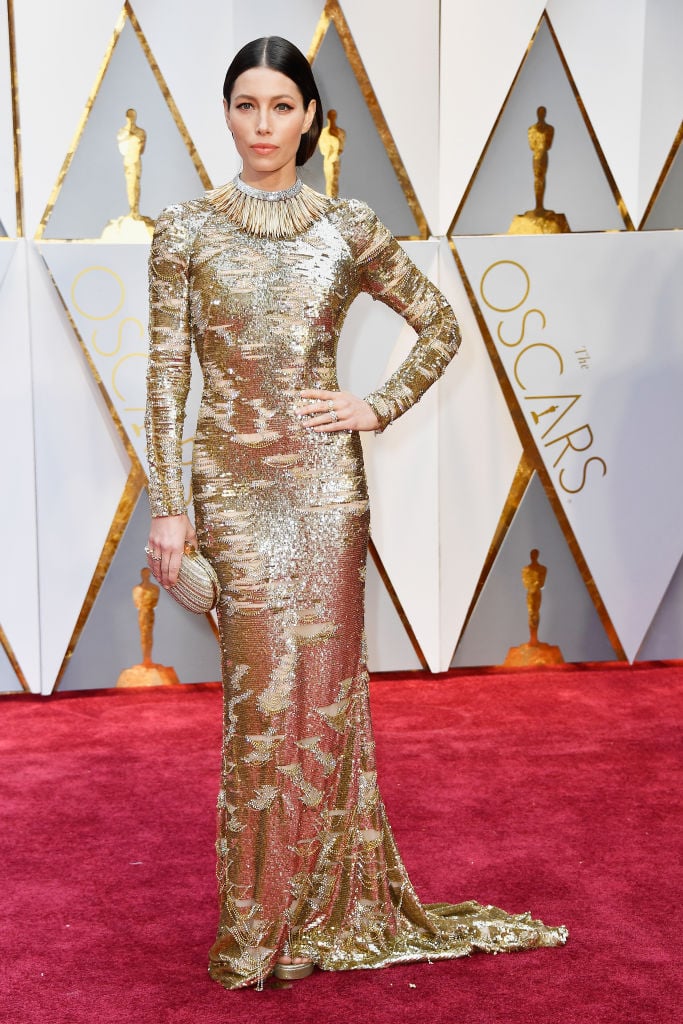
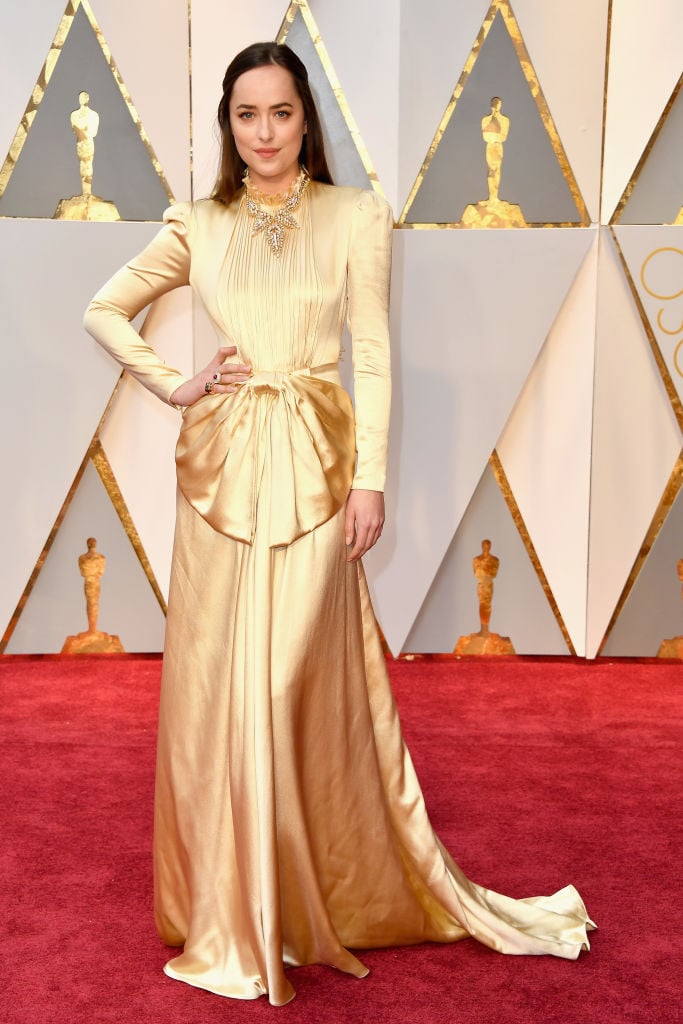
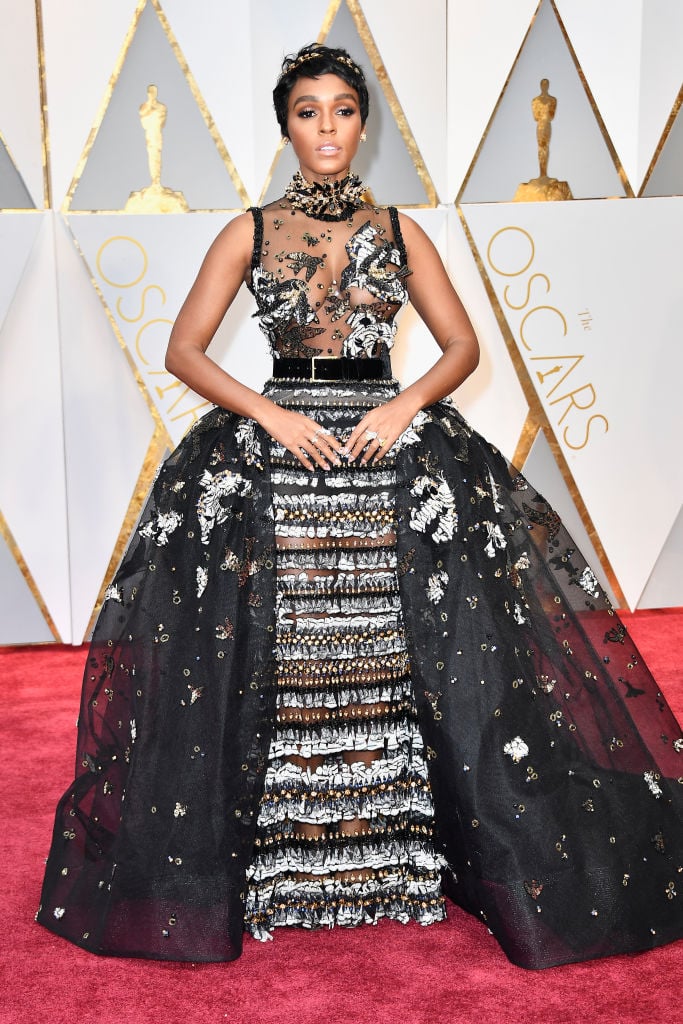
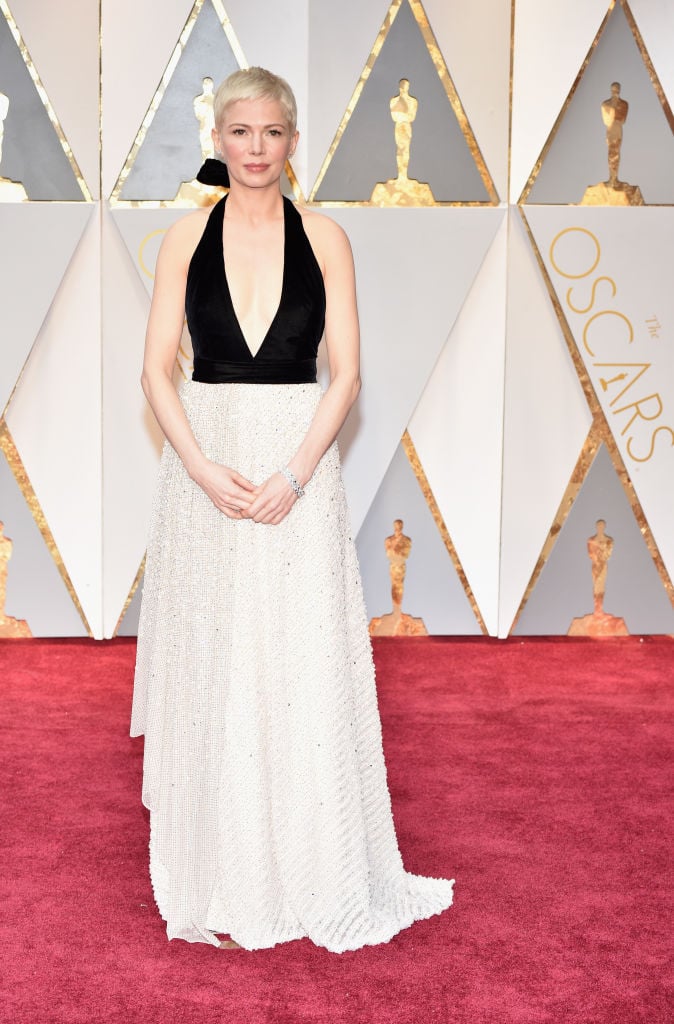
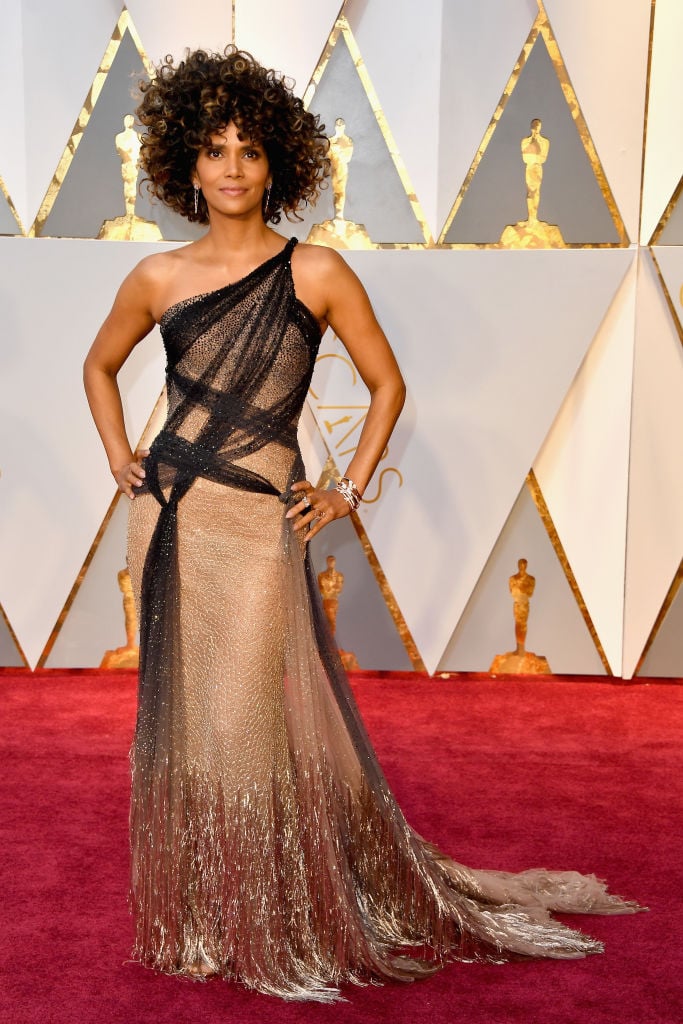
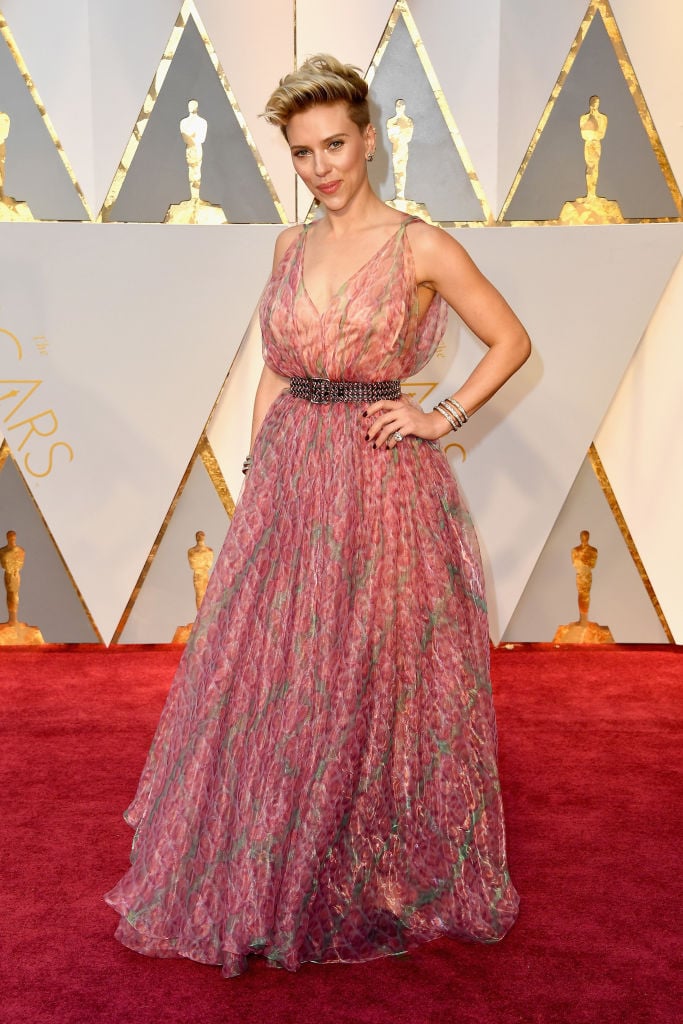
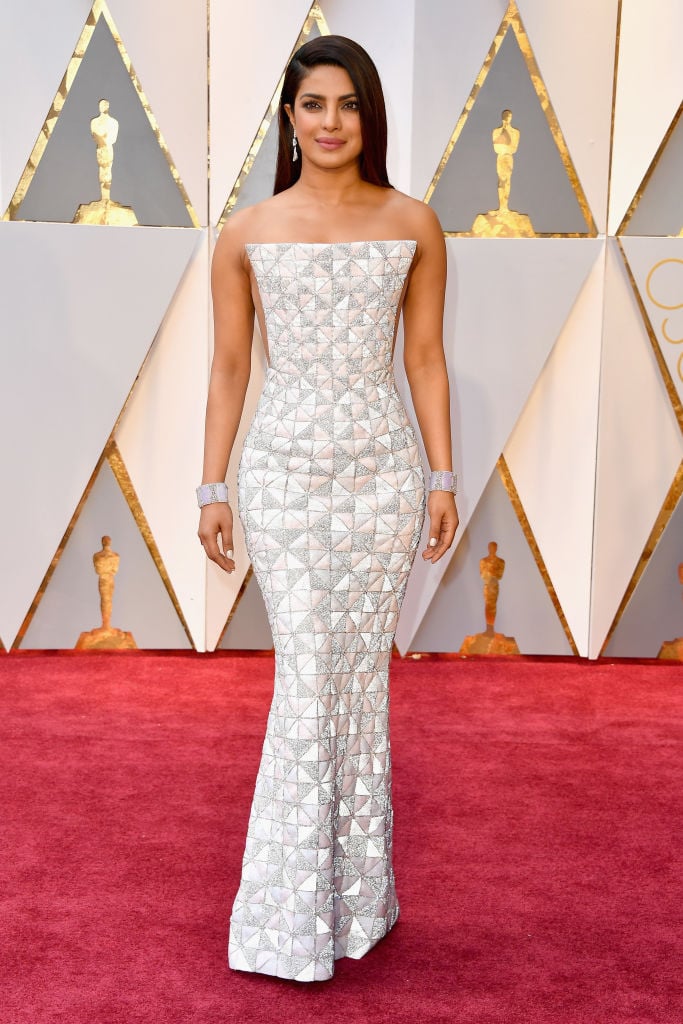
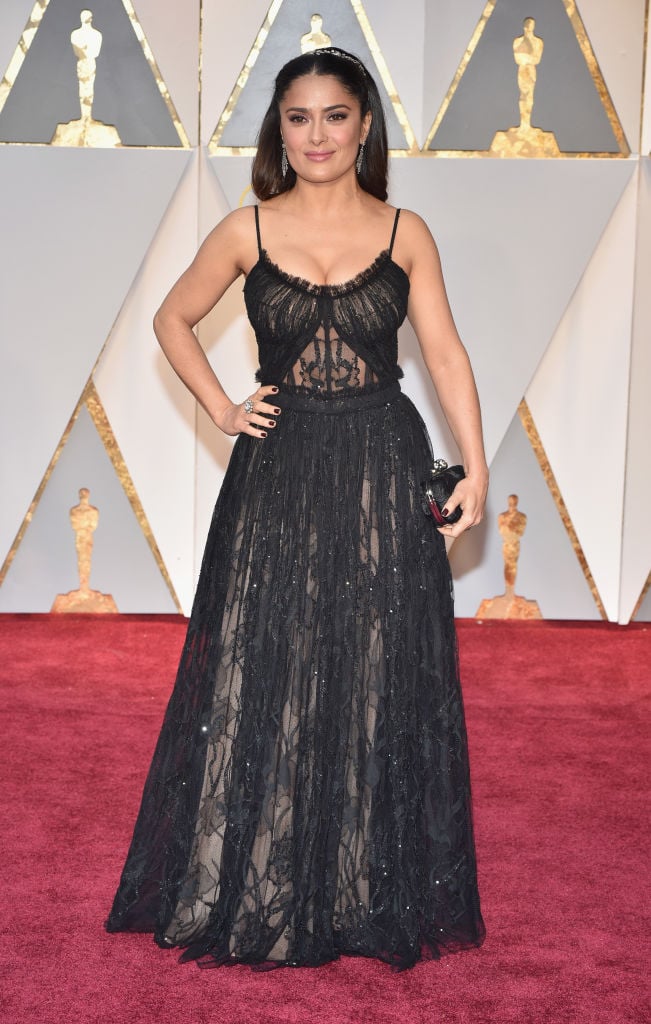
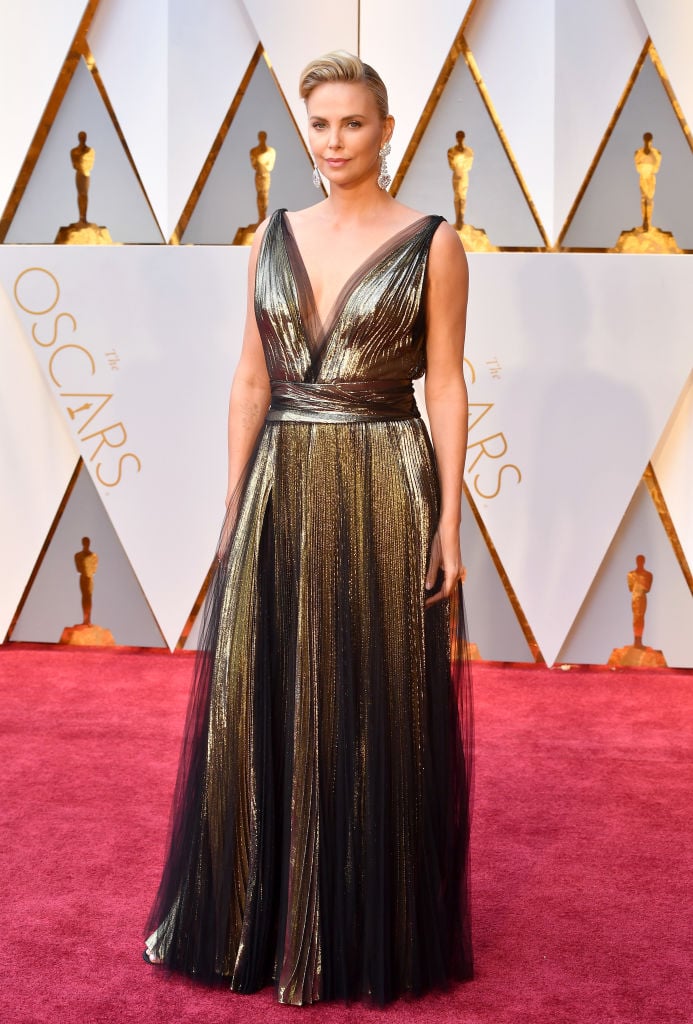
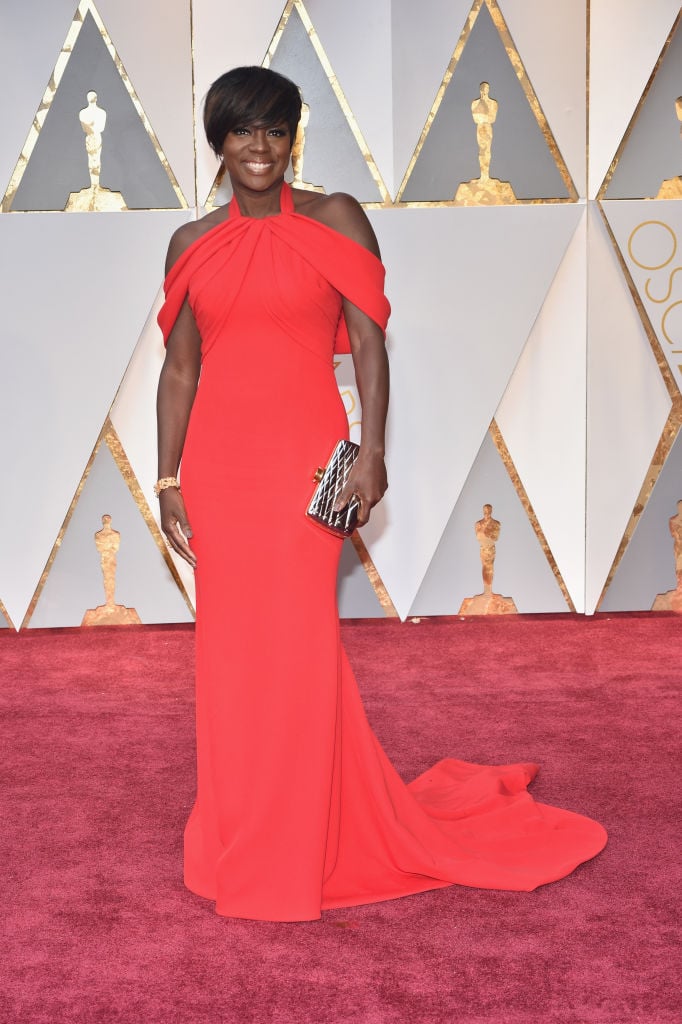
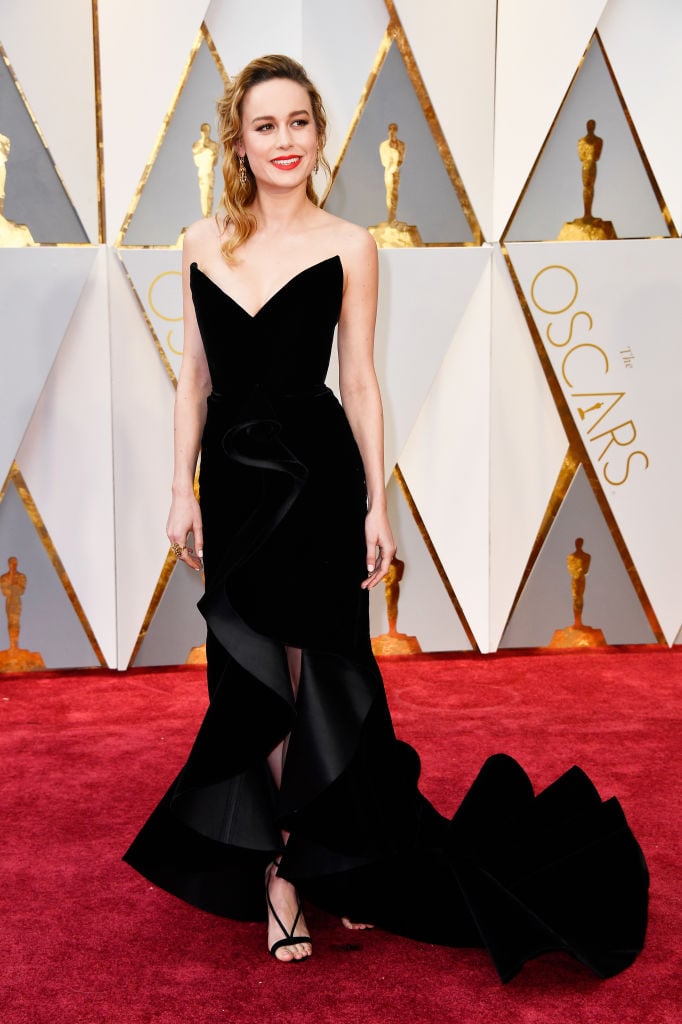
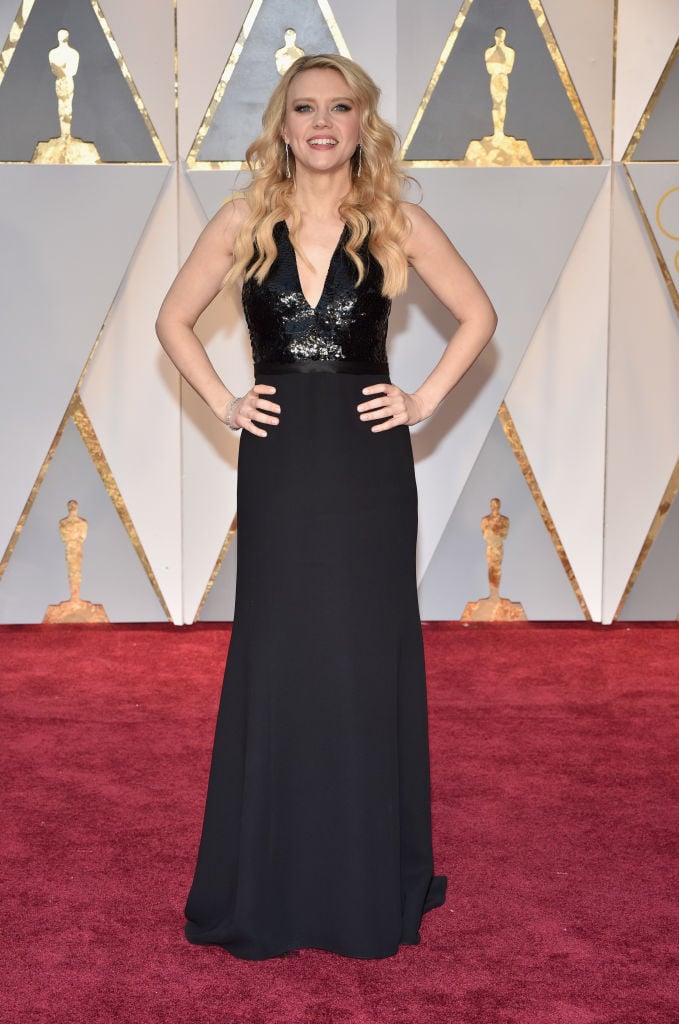
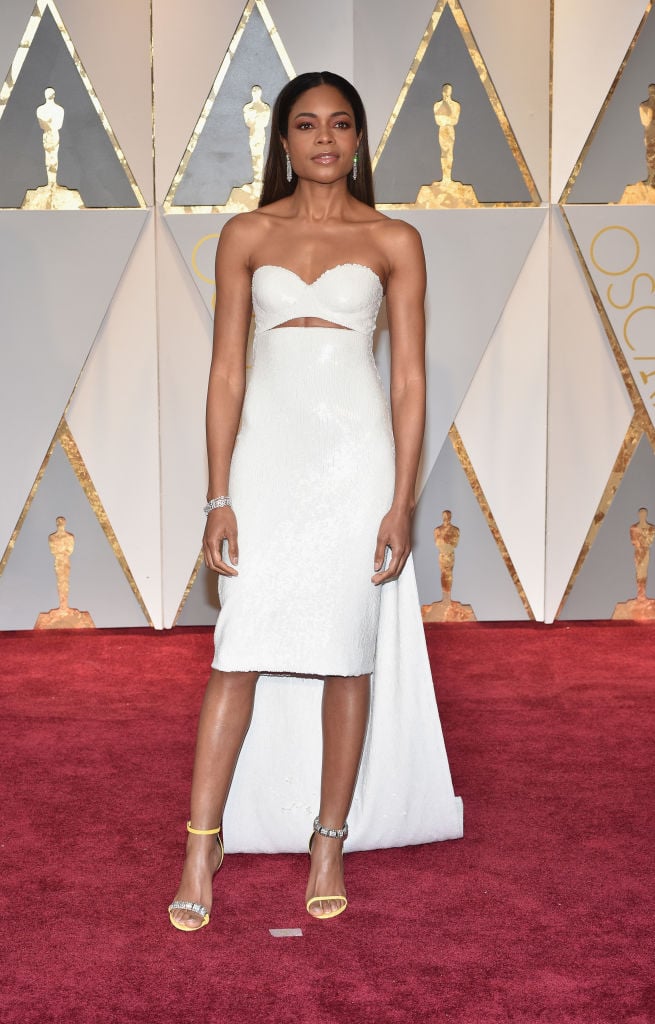
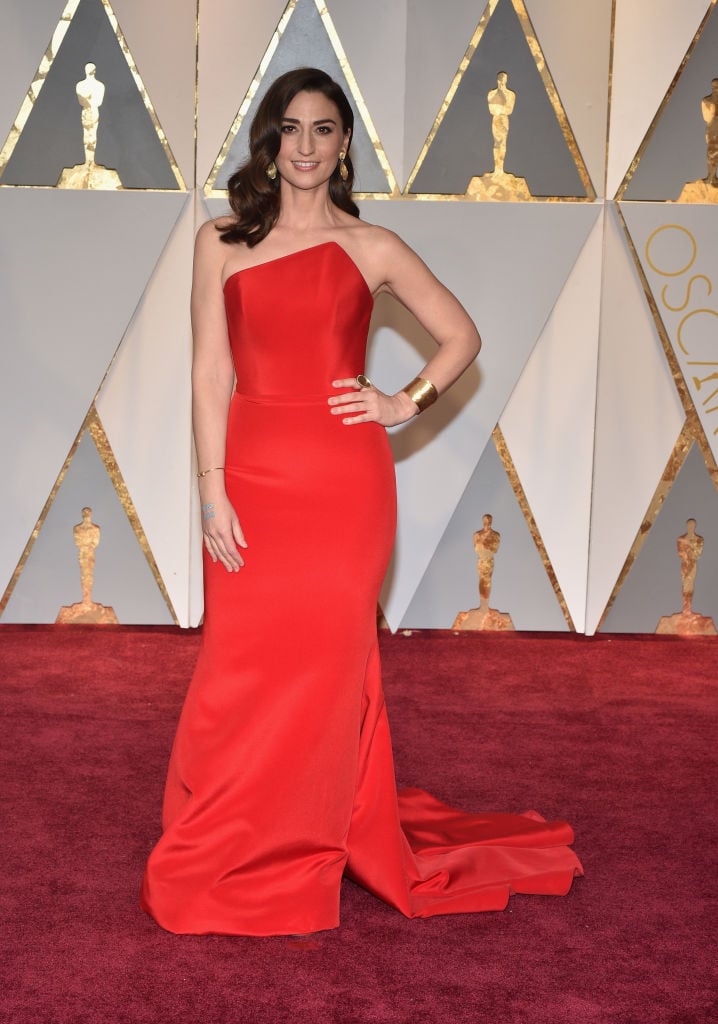
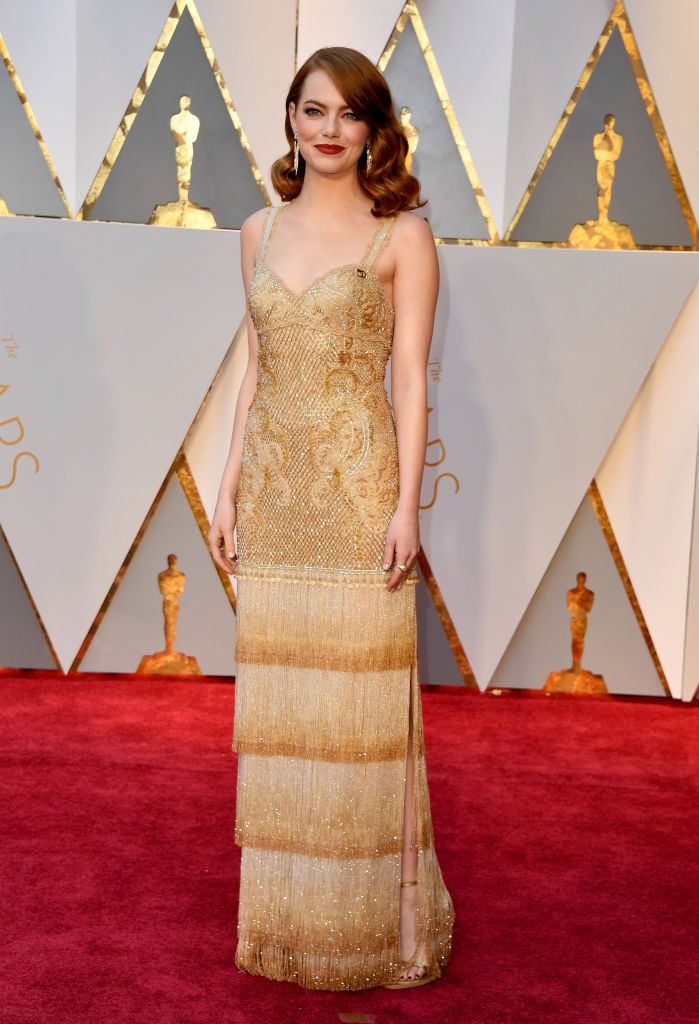
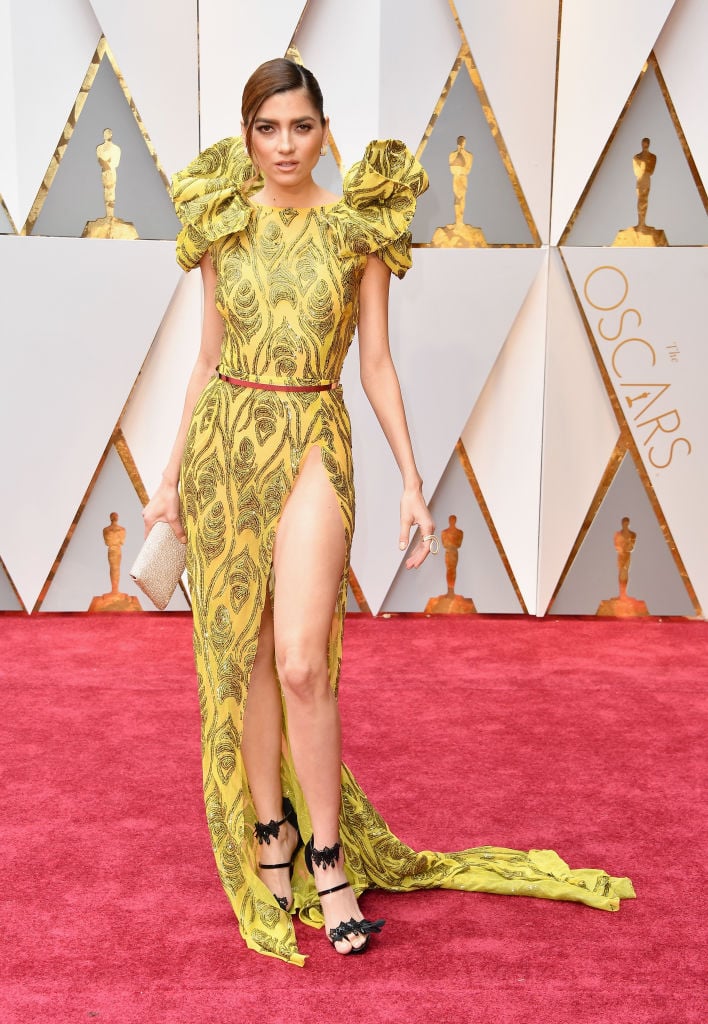
Top Comments
I 100% agree with this article
And if the celebrities were taking pot shots at Hillary would you still think it was OK?
Jimmy's advice was good, talk to the person next to you in a civilised manner, that's what will make the world a better place. Acting like spoiled children will not.